Aseem Chhabra in New York
It did not come easy for Ang Lee.
Today, the 58-year old Taiwan-born Oscar winning filmmaker, the man and the energy behind Life of Pi, is widely recognised as one of the leading directors in the world.
But he had to go through six years of struggle after graduating from New York University's Tisch School of the Arts.
He had an undergraduate degree from University of Illinois, Urbana Champaign, and a short film that he made upon graduation with his Tisch classmate Spike Lee. But in a reflection of the fact that Hollywood and even the American indie film industry does not easily open its arms to foreign filmmakers, Lee had to seek financing for his first film from a Chinese production company.
That film Pushing Hands (1992) -- a charming small film about immigration, and generational and cultural clashes set in New York City -- was seen by few in the US. The next year, he directed The Wedding Banquet, a film that had a much wider reach especially at film festivals.
By then he was in his late-30s and he has referred to himself as a late bloomer. Throughout his career, he has also been an outsider, and has used that to his advantage in his non-Chinese films.
Life of Pi is Lee's 12th feature. The film has received critical acclaim especially for its exceptional use of CGI and 3D technology, and is considered a frontrunner in the Oscar race.
Unlike his peers, Lee has had one of the most diverse careers, with a wide range of films exploring the human conditions in so many different worlds. He is a great storyteller. The world that he creates is filled with good, warm-hearted people, whose intentions are always noble. There are no villains in Lee's universe.
He has mostly had successes -- critical and box office, although there have been a couple of disasters along the way. When his 2003 introspective look at a comic character Hulk flopped at the box office, Lee went through depression and even began to question whether filmmaking was the right profession for him.
We are grateful to him that he stuck to his passion of filmmaking. Here's looking at some of his brilliant movies.
The Wedding Banquet (1993)
A young gay couple -- a Chinese man and his American partner -- live in New York City.
All is fine, except the Chinese man has not come out to his parents. And then the elderly parents decide to take a trip to New York with a hope to arrange their son's wedding.
A marriage of convenience is planned which results in quite unexpected complications.
The Wedding Banquet is very likable film, at times hilarious, but Lee is very caring and respectful towards his characters. The cultural details -- including an elaborate wedding banquet in Chinatown, with a Chinese bride, her bridegroom and his lover, give the film a rich tone, rare for a small independent film.
Eat Drink Man Woman (1994)
Image: A scene from Eat Drink Man Woman (1994)A senior Chinese chef (Lee's favorite Taiwanese actor Shihung Lung, who also played the father's roles in his first two films and then appeared in Crouching Tiger, Hidden Dragon) lives with his three unmarried daughters.
The three women are charting their own paths, often against their father's wishes.
Food and family gatherings are the central part of the film where much of the action takes place. There are some terrific moments of food being cooked.
This time, Lee takes the generational conflicts in a traditional society directly to his homeland, making a very modern day Chinese film, balancing the need for change with the sense of holding on to some of the old ways of life.
Sense and Sensibility (1995)
Image: A scene from Sense and SensibilitySense and Sensibility is a delightful and wonderfully written adaptation of the Jane Austen classic with a terrific star cast -- Emma Thompson (who won an Oscar for her screenplay), a young Kate Winslet, Hugh Grant and Alan Rickman.
Lee's transition from making a very Chinese film to a very English classical tale was a clear indication that the filmmaker was up for many challenges and he wanted to approach different genres with his utmost sincerity.
In her hilarious acceptance speech at the Golden Globes, Thompson read what would have been Jane Austen's report about the awards.
'Mr Ang Lee,' Thompson spoke in Austen's voice, 'of foreign extraction, who most unexpectedly appeared to understand me better than I understand myself.'
In her joke, Thompson expressed a very important point -- the outsider in Lee had successfully prevailed in capturing a tale far removed from his cultural comfort zone.

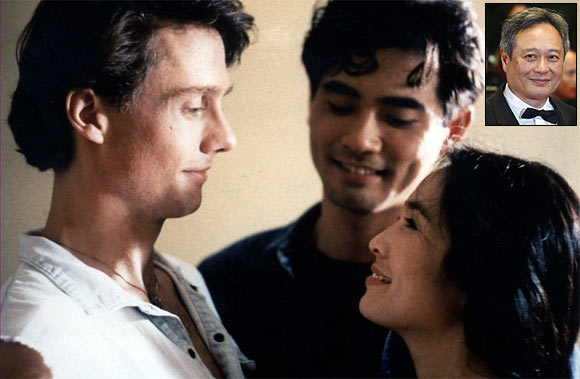
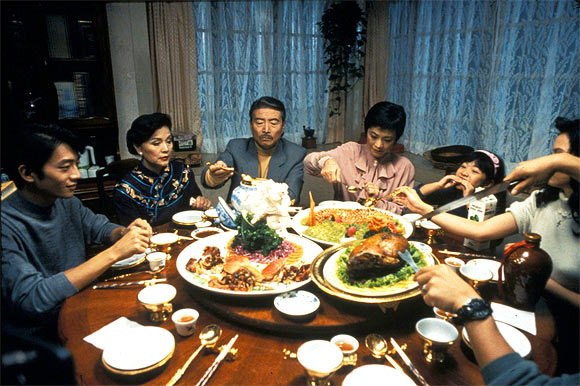
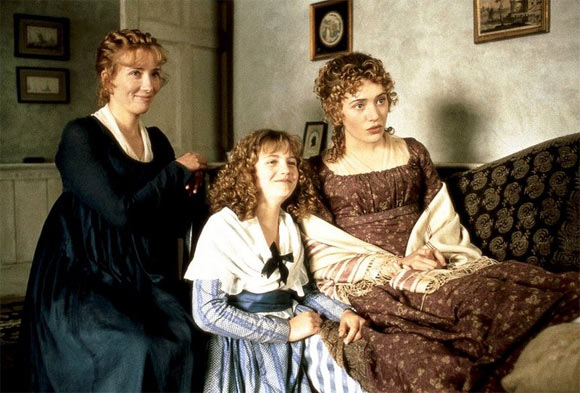
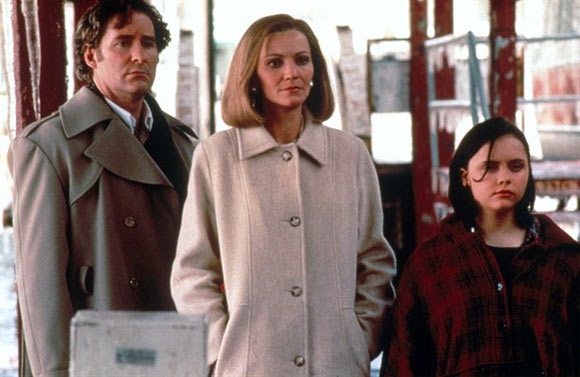
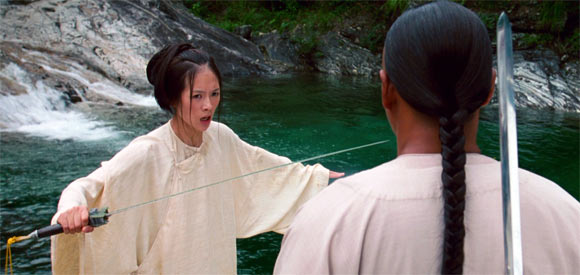
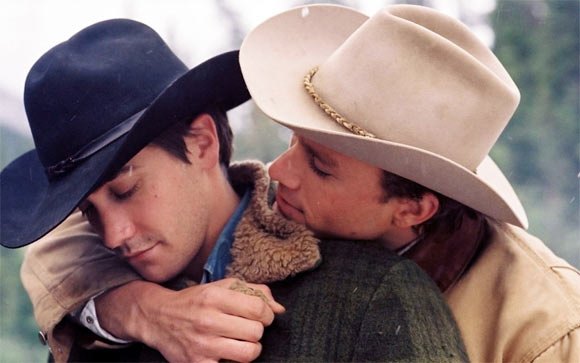
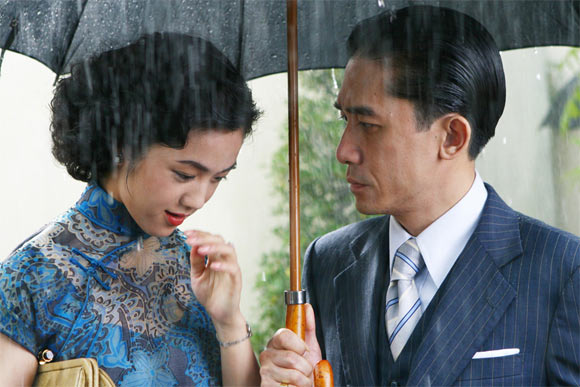

Comment
article